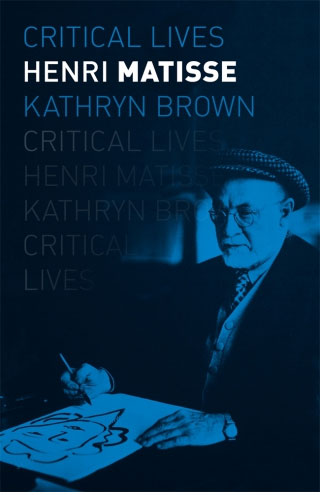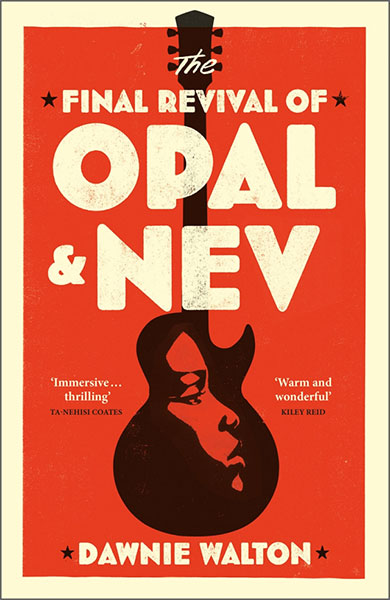Henri Matisse, Kathryn Brown (223pp, Reaktion Books)
The Final Revival of Opal & Nev, Dawnie Walton (360pp, Quercus)

I just finished wading through the recent biography of the painter Francis Bacon, and boy was it dull. Mostly, I decided after I’d gratefully put the massive tome aside, because it was literally just a biography, with very little of relevance to its subject as an artist, which I am assuming is why most people would read the book in the first place!
It’s a relief, therefore, to turn to Kathryn Brown’s book about Matisse, the latest in Reaktion Books’ Critical Lives series which looks at the artist’s life in relation to his work. What informed and underpinned Matisse’s experiments in colour, shape and form is central for Brown here, with thematic chapters on his interest in fashion and textiles, moving at the end – as Matisse ages and becomes infirm – to focus on his cut-out shapes and stained glass. It’s effortlessly and engagingly told, a sprightly and readable critical biography. Brown clearly understands that the reason to find out about Matisse is primarily his painting and sculpture, that family, fame, history and culture are the support for this discussion, not the focus.

Even better is Dawnie Walton’s novel The Final Revival of Opal and Nev, a fictional oral history of one of rock’s (imaginary) great duos. Walton has invented and assembled a whole cast of supporting characters who reveal and comment on Opal’s and Nev’s lives, relationship, music and history. Apart from a few minor slippages in relation to Nev’s UK background (the novel is mostly set in the USA; Nev is from Birmingham in the Midlands) it’s an amazingly written and constructed book, a ‘biography’ that manages to offer critique and comment on race, gender, politics and the music business without ever interrupting or digressing from the story.
At times it’s also very funny. Opal’s sister Pearl can be pious and religious, but also devious and manipulative, whilst record company executives can be greedy, selfish and inept but occasionally have the best intentions. In the end this is a book about us, about the society we have made, a society built on sexism, racism and money, which tries to monetarise everything and everyone. It is also about resisting that and finding one’s own way: Opal is self-assured and rebellious from the word go, and is not afraid to scupper her chance(s) of fame and fortune if the need to confront, challenge or resist is required.
In an age when it is more important than ever to ask ourselves what kind of society we want, this book about Black experience, cultural suppression and appropriation, music and self-expression is well-timed and should be required reading. Using a chorus of differing voices to tell the story allows a wide spectrum of issues and ideas to be raised without the reader feeling preached at: more than anything else this is an engaging and fun read, a case of fiction being truer and more revealing than fact.
Rupert Loydell
